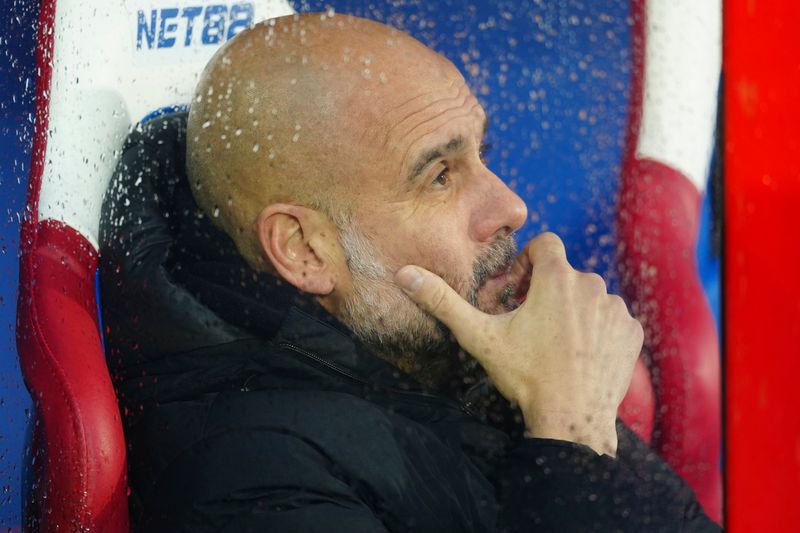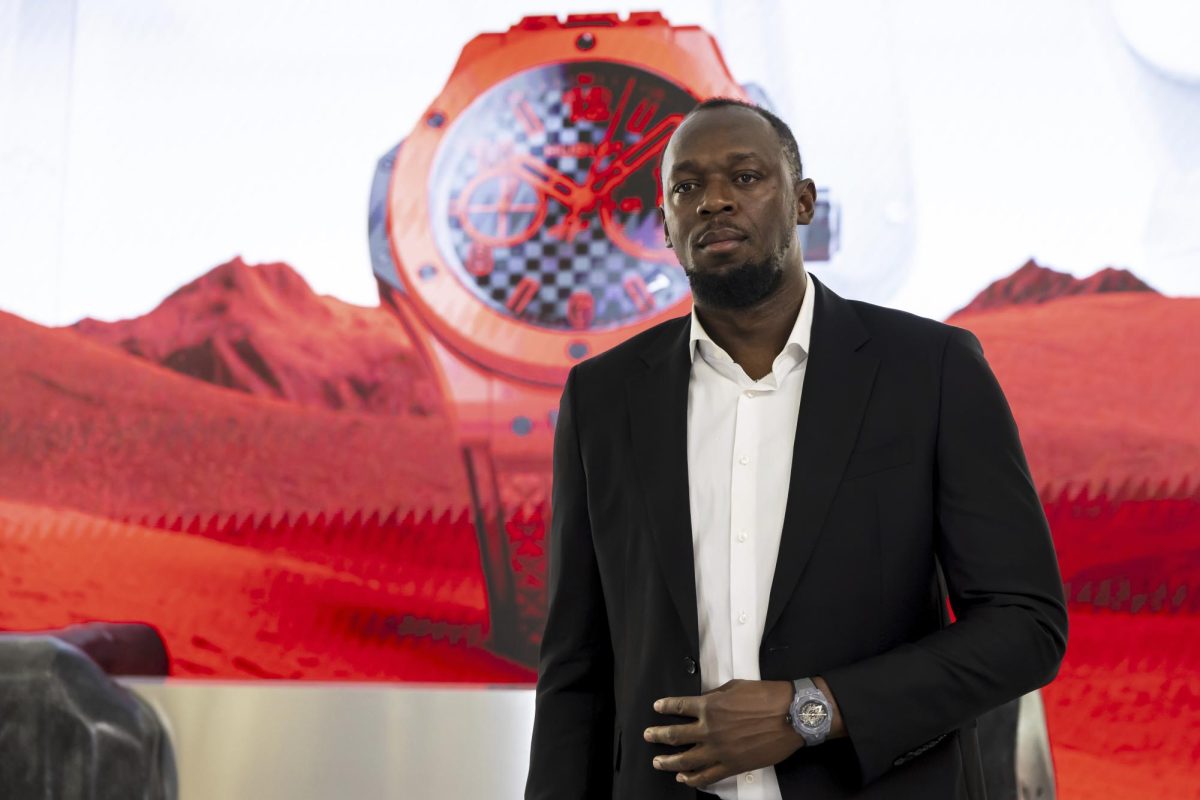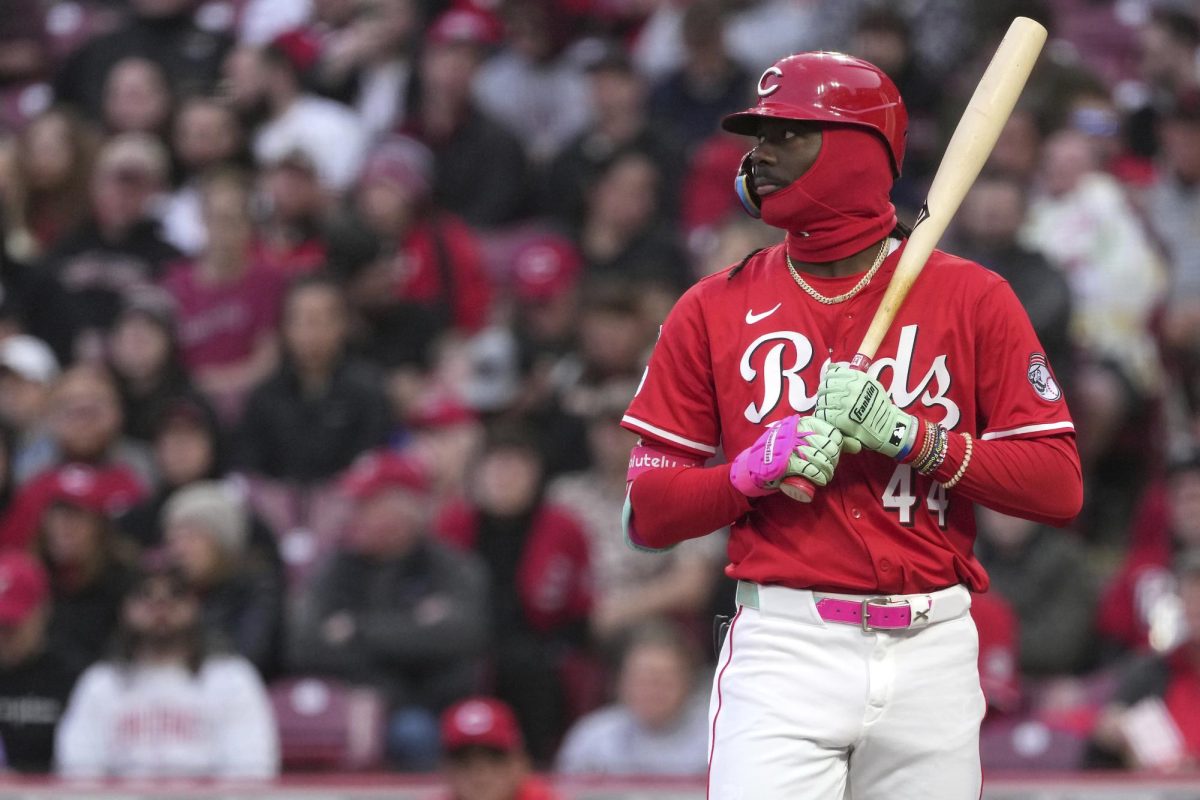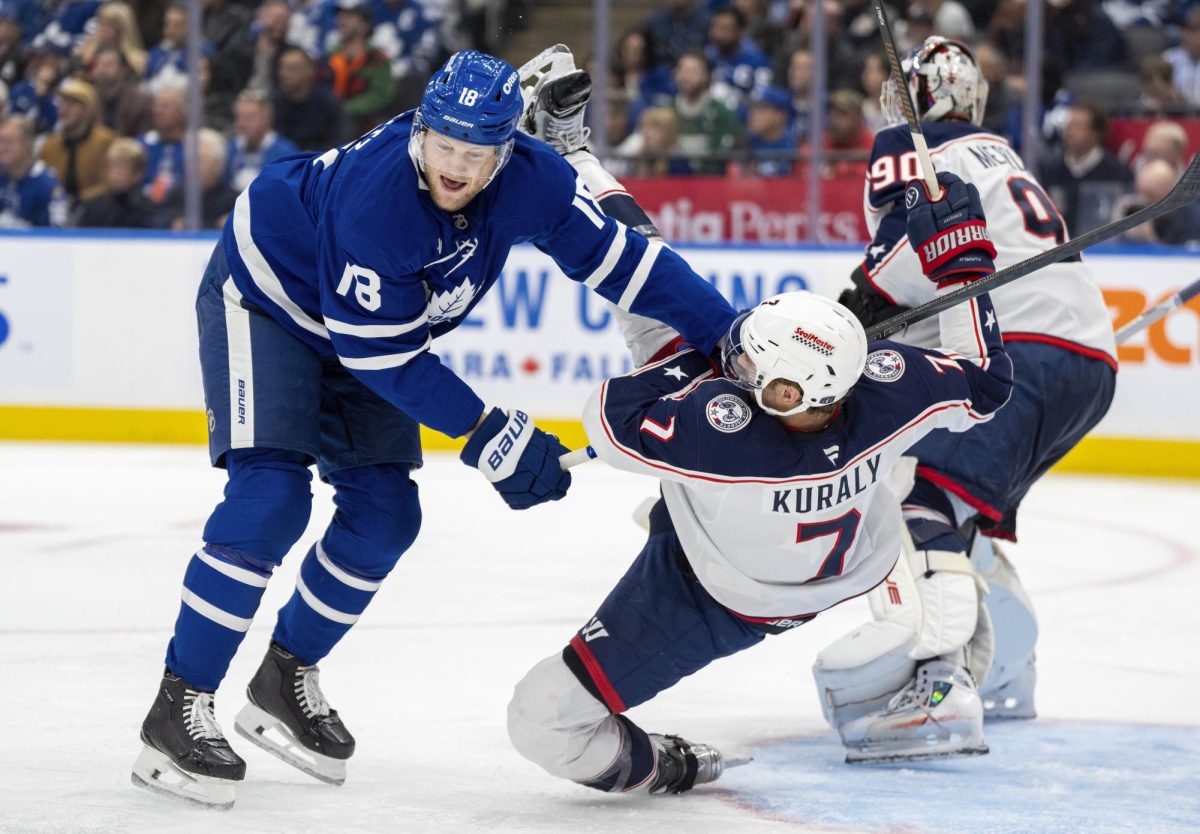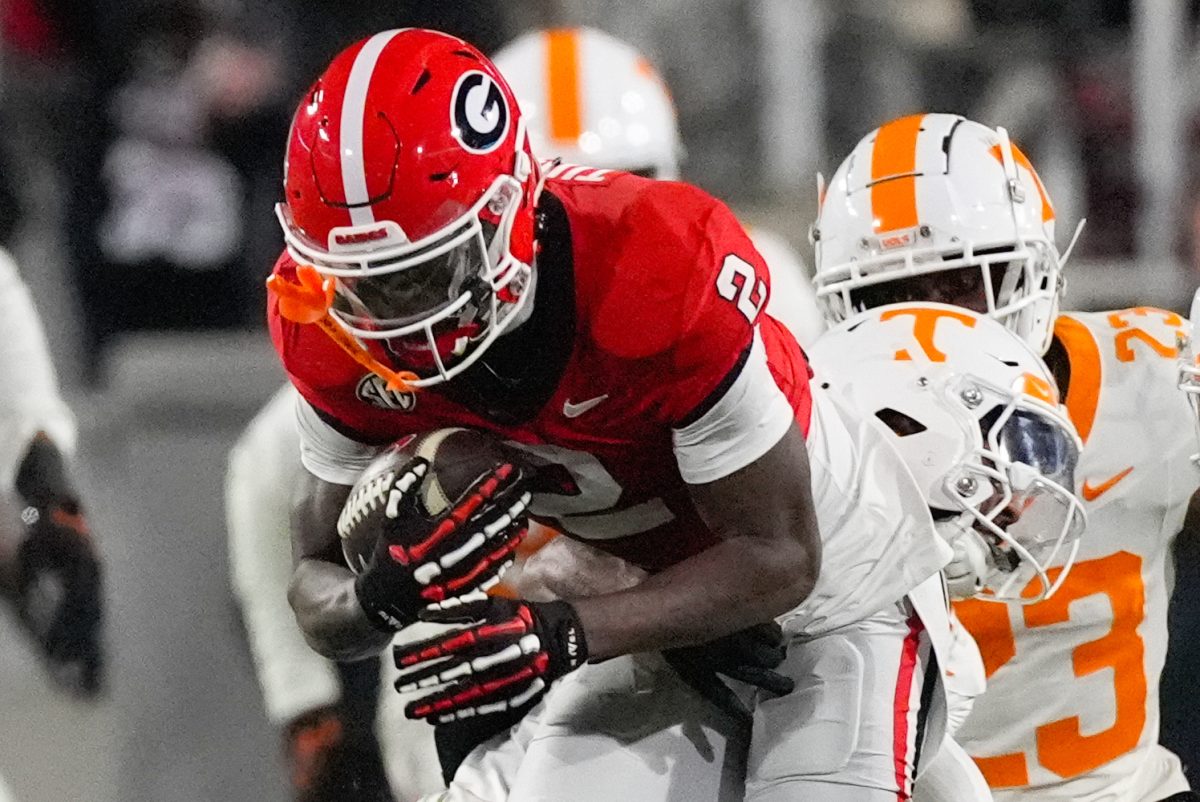Six Premier League titles in seven years. The dramatic last minute goal in 2012 to beat their local rivals to the title. Domestic quadruple winners. The first team to reach 100 points in the league. UEFA Champions League winners. Treble winners. The list goes on.
The Manchester City of the present has been a shadow of their past glory, and the wrong kind of spotlight has fallen on them. A club that was unbeaten in 32 games has now only won one of their last nine games — their worst run in 18 years. They had a 52-game unbeaten streak at the Etihad, their home stadium, which culminated in a loss to Tottenham Hotspur. A selection of first-team players recently lost to the club’s elite development squad — the average age of which is 18 years old — in a nine vs. nine game. They now also have their lowest Premier League points total after the opening 15 games since Roberto Mancini was in charge almost 13 years ago.
Team manager Pep Guardiola has labeled this as a “season to suffer.” The injuries seem like they never end. The players look fatigued and exhausted. There are legal battles being fought in the backdrop. The club is struggling. So, what went wrong?
The answer is everything. The problems began even before the season started. The club’s involvement in the transfer window was below par, bringing in right winger Savinho from Girona and former Manchester City captain Illkay Gündoğan. Although these transfers ignited excitement within the fanbase, it was clear that it was not enough. The departure of Julian Alvarez to Atletico Madrid meant that there was no direct backup for star forward Erling Haaland. There was also the need for aging players to make way. The decision to push a squad rebuild to the next summer, partly by Guardiola himself, turned out to be a disaster. The failure in the transfer market catapulted the club into further complications as the season progressed.
The season started off well, with the team being crowned Community Shield champions and maintaining a firm stronghold at the top of the table in the league. However, it was clear that the wins were not coming as convincingly as fans had grown accustomed to in the Guardiola era. The reason for this was due to many unforeseen circumstances that the club was not prepared for.
For one, City’s standout player last season, Phil Foden, has been undergoing a major dip in form. His reduced contribution has meant that the burden of scoring goals has fallen heavily on Erling Haaland, who has scored 50% of the team’s goals in the league. Secondly, Oscar Bobb, City’s standout player in the pre-season games and an exciting prospect, unfortunately injured himself in training before the first league game. Additionally, Kevin de Bruyne, who is arguably Manchester City’s most crucial player, has had his own injury problems. His inconsistent availability has had an impact on the team’s ability to create chances, contributing to their extremely low goal tally — they averaged 2.5 goals per game last season, and they are averaging 1.8 goals per game this season. These injuries have led to players like Matheus Nunes being played out of position, and an overuse of new signing Savinho, who has failed to contribute to goals despite his entertaining playing style. Injuries to wingers Jérémy Doku and Jack Grealish have also had a massive impact on the team’s ability to hold the ball, evident when City won their first game in 40 days when both of them finally started against Nottingham Forest.
The problem also exists on the defensive side. The average goals conceded per game last season was 0.89, while this season it is 1.4. They have conceded 21 goals in the 15 games they have played so far, more than they have in the past 14 seasons at this stage. The primary reason for this is the absence of midfielder Rodri, who got injured early into the season and will not return until next season. His Ballon d’Or win says enough about his vitality to the team, quickly establishing himself as the best defensive midfielder in the world. His contribution both on the defensive and attacking side was critical to how the team played, his interceptions and clever connections of play binding the team together. Manchester City did not sign a backup for him, and they are paying the price. Mateo Kovacic filled in well temporarily before getting injured on international duty. This led to 34-year-old İlkay Gündoğan needing to fill in, and his inability to cover as much distance due to his age has made him a scapegoat over the past month. Injuries to all four center backs as well as many defensive mistakes from inexperienced players have also contributed to the drop in form.
To some extent, the reason for this spiral has also been tactical. Guardiola’s inability to move away from players like Kyle Walker, Bernardo Silva and Gündoğan, who have brought great success in the past but lack the pace to compete in the Premier League now, has limited playing time for young players like James McAtee and Nico O’ Reilly who offer different characteristics. His innovative ideas in previous seasons, such as an inverted full-back and a center-back playing defensive midfield, have not come to fruition so far. It was also his decision to stick with a smaller squad, perhaps the main reason behind the inability to cope. Still, his efforts have been in the best interest of the club. The fact that even he, the club’s greatest manager, cannot win is a testament to Manchester City’s struggles.
The mood around the club is somber. Rivals like Liverpool and Chelsea are catching up and breathing down the necks of a team that once seemed unassailable. With the 115 alleged breaches of the Premier League’s financial rules also looming in the background, it seems everything is hitting at once. An injury crisis, a much-needed rebuild, a lack of innovation, increased competition and bad decision-making have together contributed to the hole that the team finds itself in. Although things look bleak, the January transfer window comes at a good time for the club to recoup and make up for its mistakes by trying to salvage something from this season.
This season has been a humbling reminder that even the greatest can fall. Manchester City has proven time and again that their resilience is as strong as their ambition. The question is not whether they will be back on track, but when.


